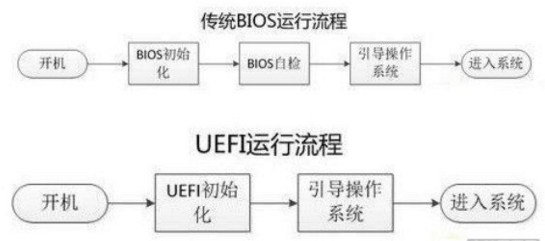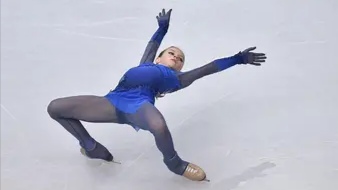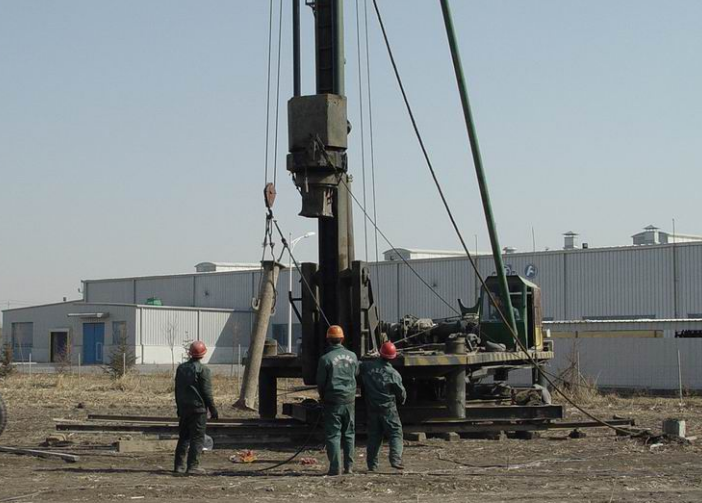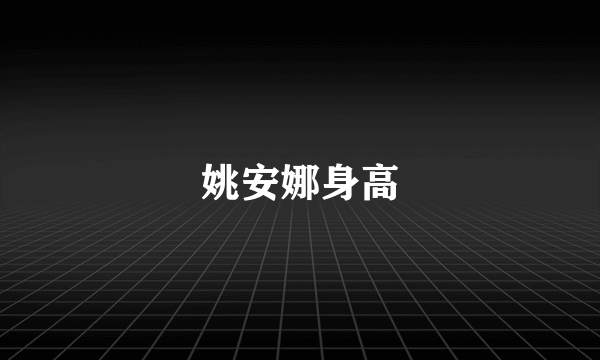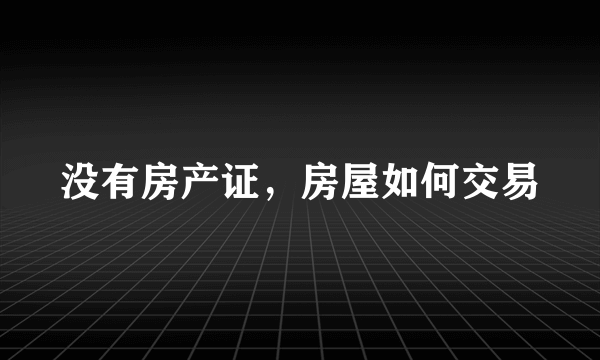过去完成时和现在完成时的区别
的有关信息介绍如下:
1. 过去完成时 1) 概念:表示过去的过去 ----|-------|-----|---->其构成是had +过去分词构成。 那时以前 那时 现在 2) 用法 a. 在told, said, knew, heard, thought等动词后的宾语从句。 She said (that) she had never been to Paris. b. 状语从句 在过去塌棚不同时间发生的两个动作中,发生在先,用过去完成时;发生在后,用一般过去时。 When the police arrived, the thieves had run away. c. 表示意向的动词,如hope, wish, expect, think, intend, mean, suppose等,用过去完成时表示"原本…,未能…" We had hoped that you would come, but you didn't. 3) 过去完成时的时间状语before, by, until , when, after, once, as soon as。 He said that he had learned some English before. By the time he was twelve, Edison had began to make a living by himself. Tom was disappointed that most of the guests had left when he arrived at the party. 注意: had no … when 还没等…… 就…… had no sooner… than 刚…… 就…… He had no sooner bought the car than he sold it. 现在完成时(The Present Perfect Tense) 1. 动作发生于一个非确定的过去的时间(过去的时间并不重要或根本不知道),但它的结果仍对现在有影响. I have read the letter, and I know what it is about. 2. 动作发生在过去,目前仍在继续团游则或刚刚结束, 常和磨御 "for" 加上 "一段时间", 或"since" 加上"一个确切的过去的时间" 连用. a) "for" 用于过去的一段时间. (动词必须是可以延续的) He has been there for six months. 她去那儿有6个月了。 (直到现在) He went there 6 months ago. He has never been there. 他从来都没去过那里。(直到现在) b) "since" 用于过去的一个确切的时间, 意思是"从那时一直到现在", 总是和完成时一齐用, 而且不能省略. (主句动词必须是可以延续的) Tim has been in Nantong since January. 自从1月份以来他一直都在南通。(现在仍在南通) 注意: "since" 后面的确切的过去的时间也可以是一个含有过去时的从句. He has been interested in collecting coins since he was a child. 他打小时侯起就对收集硬币感兴趣。(现在还是如此) c) 现在完成时常和短语 "up to now /till now", "so far" (意思是从过去某一确定的时间一直延续到现在.) Up to/till now he's read many story books. 至今他已读过好多故事书。 I've been to New York three times so far. 至今我已到纽约去过三次。 3. 刚刚完成的动作. I've just got a letter from my brother. 4. "already" 用于现在完成时的肯定句中, "yet" 用于现在完成时的否定句和疑问句中 He has (already) visited many places in China. (already) He has come back now. Have you ever been to Australia? 注意 "already" 在句中的两种位置. The train hasn't arrived yet.火车(到现在)还没有到。 Has she arrived yet? 她已经到了吗?Hasn't he come yet? 她还没来吗? I haven't been very successful so far.我一直都没有成功。 注意: "have been"(去过) 和 "have gone"(去了) 的区别: He has gone to Beijing . (He is there or is on his way there.) He has been to Shanghai . (He was there once, but he is not there now.) 5. 当现在完成时句中无时间状语, 它只是指一个简单的已经完成的动作 I've cleaned the sitting-room. 我已把起居室打扫过了。(已完成了工作) 6. 现在完成时可以用来表示一个反复发生的动作. He has rung me up five times today. (五次分隔的行为) 希望对你有用!!加油哦!!




